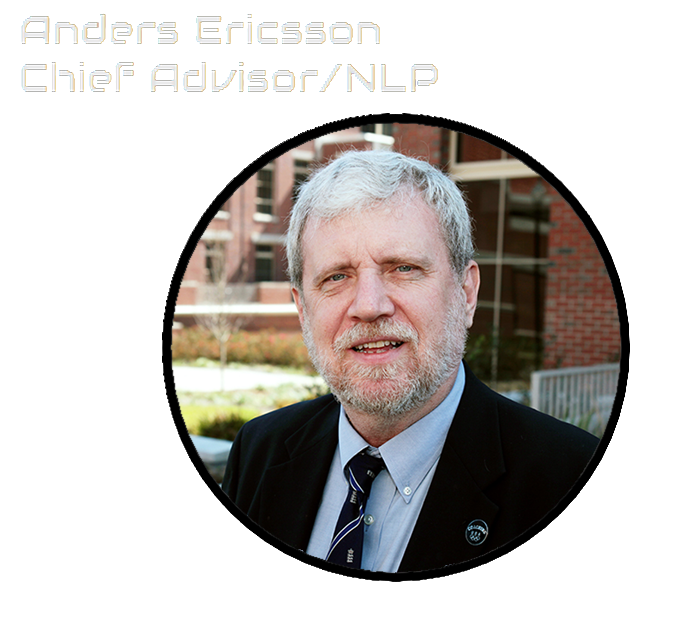Anders Ericsson: A Personal Obituary of a Legend (INSERT)
BY: Scott Barry Kaufman
Anders was a very gracious man with a fierce commitment to the scientific method. Even when clear anecdotes overwhelmingly called for the inclusion of talent as part of the picture, he was able to go against the grain by disregarding the anecdotes and saying something along the lines: “Well, that may appear that way, but what happens if we systematically tested that proposition with our strict laboratory methods?”
In honor of Ericsson, let me give you some bullet points of what I believe are his greatest contributions to our understanding of the science of expert performance:
Ericsson expanded our notions of the limits of human potential. He showed us that across domains, humans are constantly pushing beyond what we once thought was the upper limit for what a human could achieve. Also, while correlations do exist between certain cognitive characteristics and outcomes, Ericsson showed that the correlations don’t necessarily indicate limits on what a person can achieve.
Ericsson showed that what’s more important than the quantity of practice is the quality of the practice. In essence, Ericsson believed that practice has the most bang for its buck when it is deliberate, focused, and disciplined, and when there is constant feedback and targeted engagement in challenging exercises designed to constantly grow and develop beyond where was one at before. Ironically, in his book Outliers, Malcolm Gladwell drew on Ericsson’s research to emphasize the “10,000 hour rule” when in reality Anders’ repeatedly focused on the quality of the practice, not the “magic number of greatness” (as Gladwell put it).
Ericsson and his colleagues created a new paradigm for the field: the expert performance approach. The approach goes like this: Find a group of people who are consistently good at something– whether it’s selecting the next best chess move, playing a rapturous violin concerto, making an accurate medical diagnosis, or predicting a soccer player’s next move– and deign representative tasks that can be administered in the laboratory. Bring people with differing levels of expertise into the lab and try to figure out what cognitive processes separate the experts from the novices by employing a variety of experimental techniques, including verbal reports, reaction times, and eye tracking. Aspects of the stimuli– whether it’s a musical note, or a 30-digit number– can be manipulated to see how experts respond. Based on a rigorous experimental procedure, researchers can come up with theories of what they think is really going one instead of relying on reports from the performers themselves and the performers mentors, family, and friends (which are highly subjective).
Ericsson showed that experts don’t just know more about their specific domain of expertise, their knowledge is better organized, with richer networks of information and connections between their networks. Experts also have more sophisticated mental representations that allow them to anticipate the next move, control the aspects of performance necessary to achieve at higher levels, and evaluate many different alternatives quickly before making the next move. This allows them to work forward from a given problem instead of shooting in the dark and working backward from the goal. Experts are quicker at recognizing the relevant information because they have many strategies stored in their densely connected forest of information.

